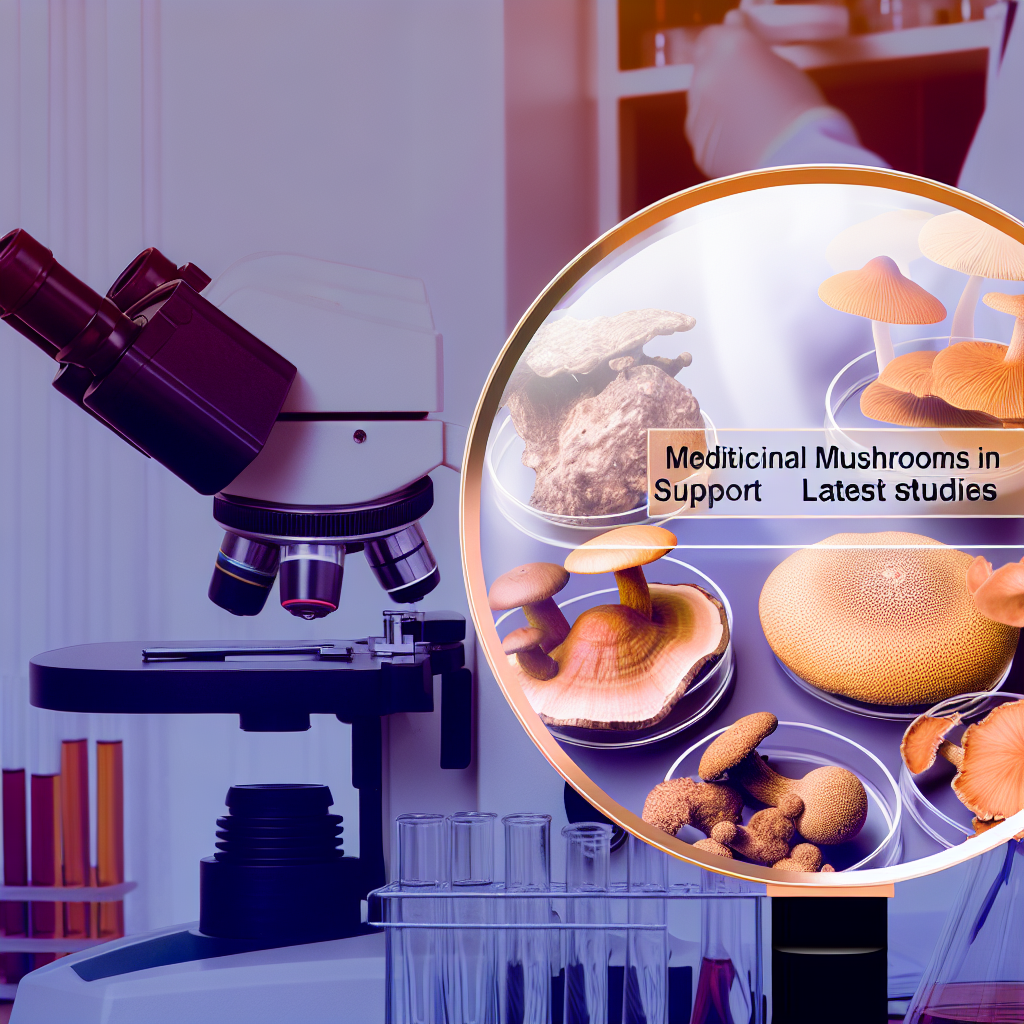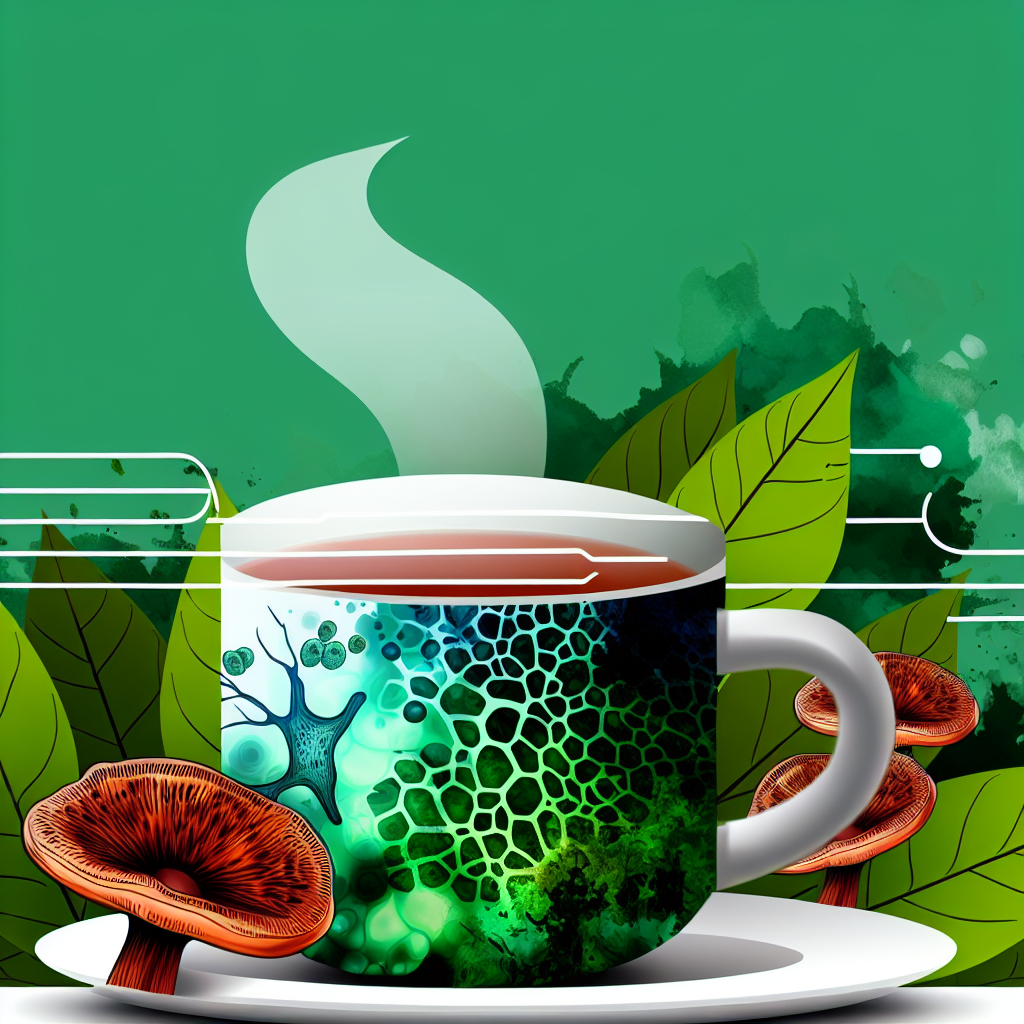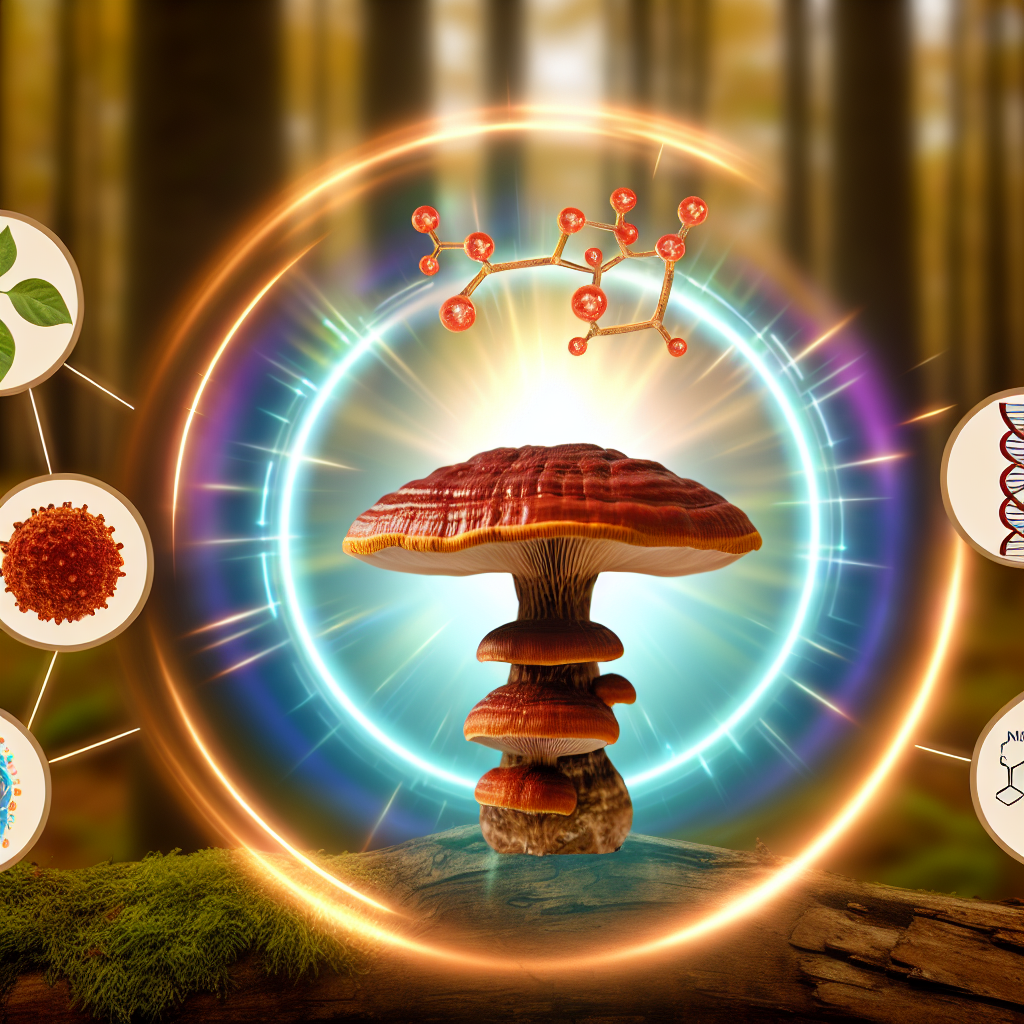Medicinal Mushrooms in Oncology Support: Latest Studies
Introduction
In the ongoing quest for effective cancer treatments, the use of medicinal mushrooms in oncology support has gained significant attention. For centuries, fungi have played a vital role in traditional medicine, particularly in Eastern healing practices. However, modern research is now uncovering the powerful bioactive compounds found in mushrooms that may help enhance the body’s immune response, reduce side effects of conventional cancer therapies, and even exhibit potential anti-tumor properties.
Medicinal mushrooms contain polysaccharides, beta-glucans, and triterpenoids—compounds with immune-modulating and antioxidant properties. These natural substances have demonstrated their ability to enhance immune function, making them a promising complementary therapy for cancer patients. Many of these mushrooms also offer anti-inflammatory and adaptogenic benefits, reducing the physiological stress cancer treatment commonly induces.
As chemotherapy, radiation therapy, and immunotherapy remain the mainstays of cancer treatment, their often harsh side effects can significantly diminish a patient’s quality of life. Medicinal mushrooms are being increasingly studied for their ability to mitigate fatigue, nausea, and immune suppression linked to traditional treatments. Some species, such as Turkey Tail (Trametes versicolor), Reishi (Ganoderma lucidum), and Chaga (Inonotus obliquus), have exhibited particular promise in oncology support.
Numerous clinical and preclinical studies suggest that these fungi may improve immune response by enhancing natural killer (NK) cell activity, increasing cytokine production, and modulating inflammatory pathways. Additionally, some medicinal mushrooms may directly contribute to inhibiting tumor growth by triggering cancer cell apoptosis (programmed cell death) and preventing metastasis.
While medicinal mushrooms are not a replacement for standard cancer therapies, their emerging role as supportive treatment is gaining credibility. More oncologists and naturopathic doctors are integrating mushroom-based supplements into holistic cancer care plans. Given the rapid advancements in mycological research, this article explores the latest scientific findings on medicinal mushrooms in oncology, shedding light on their therapeutic potential.
Latest Studies on Medicinal Mushrooms in Cancer Support
1. Turkey Tail: Boosting Immunity in Cancer Patients
One of the most extensively studied medicinal mushrooms in oncology is Turkey Tail, known for its potent immune-enhancing properties. A randomized clinical trial conducted by the University of Minnesota and Bastyr University found that Turkey Tail extract significantly enhanced immune recovery in breast cancer patients undergoing chemotherapy. The study, published in ISRN Oncology, reported that patients taking 6–9 grams of Turkey Tail daily experienced an increase in NK cell function and overall immunity without adverse side effects.
2. Reishi Mushroom: Triggering Cancer Cell Death
Reishi mushroom has been widely researched for its anti-cancer properties, particularly its ability to induce apoptosis in malignant cells. A meta-analysis published in the Cochrane Database of Systematic Reviews examined randomized controlled trials (RCTs) and found that Reishi extract could improve the effectiveness of chemotherapy while enhancing patients’ overall well-being. The polysaccharides and triterpenoids in Reishi contribute to immune modulation and anti-inflammatory effects, making it a potential adjunct therapy for various cancer types.
3. Chaga: A Potent Tumor Growth Inhibitor
Studies suggest that Chaga mushroom possesses powerful antioxidant and anti-tumor properties. A 2021 preclinical study published in Frontiers in Pharmacology demonstrated that Chaga extract inhibited cancer cell proliferation and induced apoptosis in colorectal cancer models. The high concentration of betulinic acid, a compound derived from Chaga, is believed to be responsible for these effects by modulating cancer cell apoptosis pathways.
4. Cordyceps: Combating Chemotherapy-Induced Fatigue
Cancer patients undergoing chemotherapy often experience extreme fatigue and physical exhaustion. A study published in Biomedicine & Pharmacotherapy explored the effects of Cordyceps extract on chemotherapy-induced fatigue in lung cancer patients. Results showed that individuals receiving Cordyceps supplementation had significantly improved energy levels, reduced inflammation markers, and increased overall quality of life compared to those in the placebo group.
5. Maitake Mushroom: Enhancing Chemotherapy Efficacy
Maitake has been studied for its ability to enhance the effectiveness of chemotherapy drugs while reducing their toxicity. A study published in Cancer Immunology, Immunotherapy found that Maitake extract increased the effectiveness of chemotherapy by stimulating immune cell activity. The beta-glucans in Maitake play a critical role in activating macrophages, T-cells, and NK cells, helping the body recognize and combat cancer cells more effectively.
Conclusion: The Future of Medicinal Mushrooms in Oncology
As the medical community continues to explore natural and complementary therapies for oncology support, medicinal mushrooms hold remarkable potential. From immune enhancement to tumor suppression and chemotherapy side effect management, fungi such as Turkey Tail, Reishi, Chaga, Cordyceps, and Maitake are becoming increasingly recognized in cancer treatment protocols. While further clinical trials are necessary to validate their efficacy as standalone treatments, the current body of scientific evidence suggests they can be valuable adjunct therapies when used in conjunction with conventional cancer treatments. As research evolves, the therapeutic potential of these powerful fungi will continue to shape the future of integrative oncology care.
Summary:
Medicinal mushrooms, such as Turkey Tail, Reishi, Chaga, Cordyceps, and Maitake, have shown promising results in supporting cancer patients. These fungi contain bioactive compounds that can enhance the immune system, reduce side effects of conventional treatments, and even exhibit anti-tumor properties. Research indicates that medicinal mushrooms may play a valuable role as adjunct therapies in integrative oncology care, though further clinical trials are needed to fully validate their efficacy.

Dominic E. is a passionate filmmaker navigating the exciting intersection of art and science. By day, he delves into the complexities of the human body as a full-time medical writer, meticulously translating intricate medical concepts into accessible and engaging narratives. By night, he explores the boundless realm of cinematic storytelling, crafting narratives that evoke emotion and challenge perspectives. Film Student and Full-time Medical Writer for ContentVendor.com




